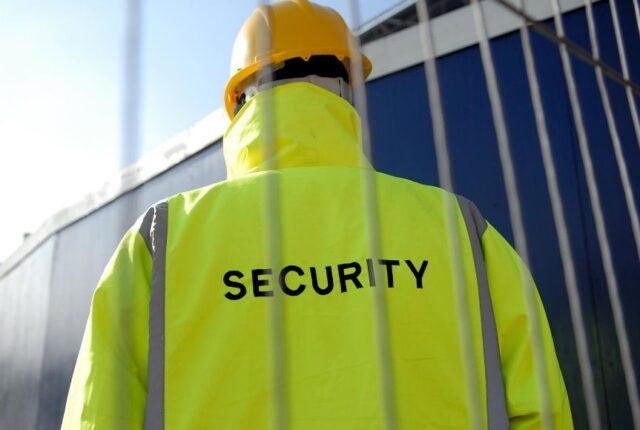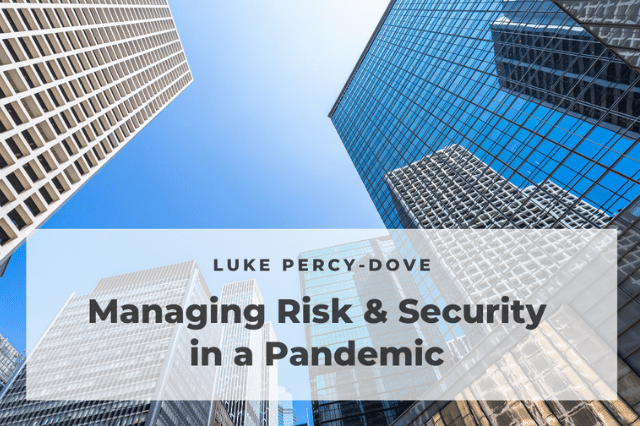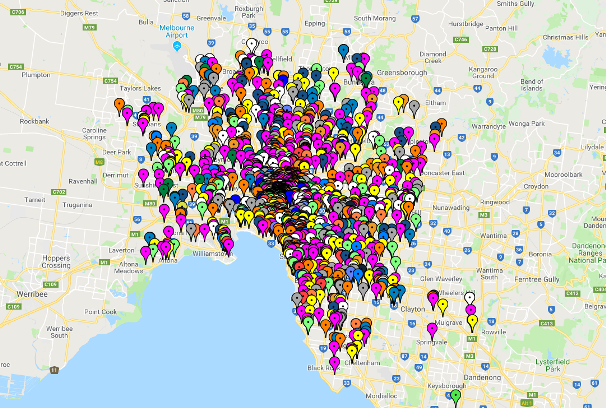Five Steps to Creating Security Contracts that Reduce Risk

86.9% of the security contracts we’ve reviewed over the last 6 years had no form of measurement. The failings during COVID-19 of security companies and the officers tasked with monitoring returned travellers isolating in Melbourne hotels is a case in point. Read our 5-step process to avoid the same failures in contract delivery.
Read More »Where to focus physical security management in the wake of the pandemic

Our workplaces are vastly different today, due to COVID-19 and will continue to be so for some time. The same applies to managing security of commercial properties. Business doesn’t experience less risk when people aren’t at work – just different risk, needing different security methods. What does this mean for managing risk and security in commercial properties? Where should you focus your attention in this new, fluid environment?
Read More »Keeping Property Security Consistent During a Pandemic

Businesses large and small are working through their pandemic management plans as we navigate the uncertainties of COVID-19. We’re working with our clients to ensure that the security they have in place today, will remain consistent over the course of the pandemic. This short video talks about the gaps we’re seeing, particularly for properties with security guards & the challenges with keeping security consistent.
Read More »Why deterrence should not be part of your risk management strategy

Deterrent is a key element of security and risk management. But it’s a term that’s far too vague to base sound decisions on. Well respected people in positions of trust are caught doing things that would surprise everyone, including their families. It’s time to look at deterrence as an outcome – not the starting point.
Read More »Does our thinking around protecting a business’s reputation need to change?

Security as we know it is changing – and taking on a far more serious tone than has been needed historically. At least in Australia anyway. So how do we manage this from a security perspective and does our thinking around protecting a business’s reputation need to change?
Read More »How does location influence your security risk?

It’s not hard to see the importance of location when it comes to security risk.
A property’s location will influence factors such as how people approach it, what type of crime it is at risk of and whether those risks are constant or variable.
After analysing all our security risk assessments over the past two years, we found that location plays a big role in a property’s level of risk.
Read More »Why we are changing security risk management

Last July, an existing client engaged us to design the security system for a building that was under construction. It is part of a property where we conducted a security risk assessment a few years earlier. The client was surprised when we asked to sit down with him to revisit the risk assessment process. “Why do you need to do that,” he asked? “You guys did the last risk assessment. Nothing has changed”. In fact, a lot had changed. And this is the reason we are changing the way security risk management is practised. Our new tool, which is a world first will ensure that security risk assessments are always up to date and the chances of an adverse event are minimised.
Read More »The 5 key elements in security risk management (which are often ignored)

Communicating clearly and decisively to all building occupants during a security incident is critical. Are you doing it right?
Read More »Should ‘gut feeling’ play a role in security risk assessments?

Should ‘gut feeling’ be part of security assessment? The tragic events in Melbourne’s Bourke Street last month highlighted the difficult choices we face when an extremely rare but high-impact event has devastating consequences. In our industry, evidence based reporting is a key component of security risk management. This means that unless we can find evidence of a threat and can link that threat to a vulnerability, there is no risk. That’s the theory, but does it work? Should instinct play a role?
Read More »